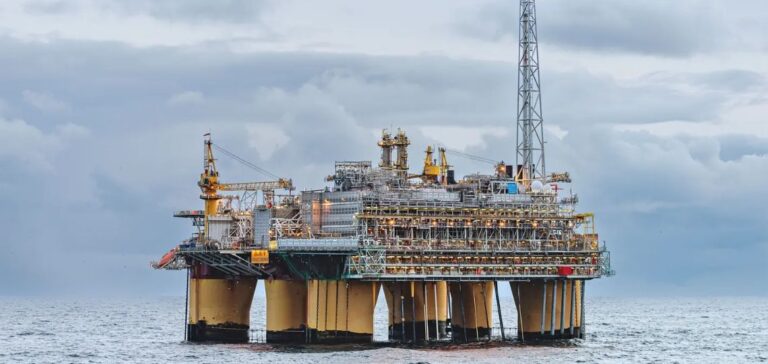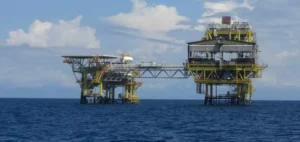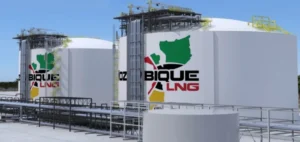Equinor announced the start of gas production at the Halten East development, located in the Norwegian Sea. This project is particularly strategic due to the growing demand for Norwegian gas in Europe, which is essential for energy security. The execution was completed on time and within budget, despite a challenging economic environment marked by inflation and high costs. According to Geir Tungesvik, Executive Vice President for Projects, Drilling, and Procurement at Equinor, “The project has been delivered on time and within cost estimates,” with a return on investment estimated at one year.
The Development of Halten East
The Halten East development is located in the Kristin-Åsgard area of the Norwegian Sea, and includes six gas discoveries. The project is carried out in collaboration with Vår Energi and Petoro, with both partners alongside Equinor. The first development phase consists of six wells from five discoveries. The second phase is scheduled for 2029 and could include an additional well and three other potential wells. The total project investment amounts to NOK 9 billion (approximately USD 800 million) for both phases. First production was launched from the Gamma well, in line with the established timeline, with recoverable reserves estimated at around 100 million barrels of oil equivalent.
A Project Focused on Cooperation and Efficiency
Kjetil Hove, Executive Vice President for Development and Production on the Norwegian Continental Shelf at Equinor, highlighted that Halten East demonstrates the importance of collaborative industrial solutions between license holders and authorities. He added that Equinor plans to bring over 30 similar projects on stream on the Norwegian continental shelf by 2035. This strategy focuses on leveraging gas discoveries using existing infrastructure, minimising costs, and reducing emissions.
Economic Impact and Local Employment
The economic impact of the project is significant for Norway. Around 90% of Halten East investments have been allocated to Norwegian suppliers, and the development phase is expected to generate about 3000 person-years of employment annually through 2029. In November 2024, Equinor acquired an 11.8% stake in the Halten East Unit from Sval Energi, raising its ownership to 69.5%. This acquisition strengthens its position as the primary operator of the project.






















